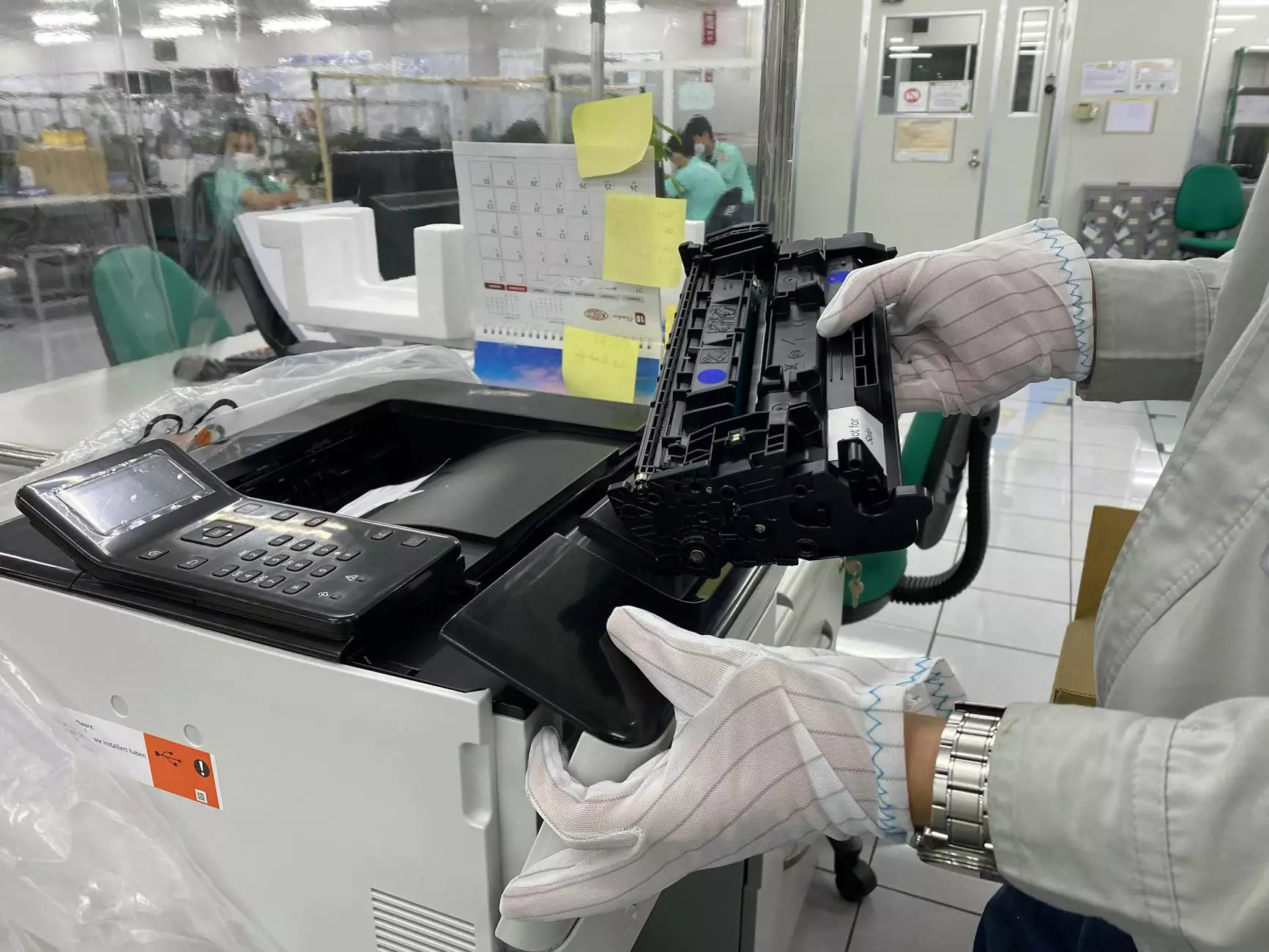Understanding Endometriosis: The Role of an Endometriosis Expert

Endometriosis is a complex and painful health condition that affects millions of women worldwide. Despite its prevalence, many women suffer in silence, often experiencing debilitating symptoms without a clear diagnosis. This is where the expertise of a specialized endometriosis expert becomes paramount. In this article, we will delve into what endometriosis is, the significance of seeing an expert, and how to navigate the often-challenging landscape of diagnosis and treatment.
What is Endometriosis?
Endometriosis occurs when tissue similar to the lining inside the uterus, known as the endometrium, begins to grow outside the uterus. This can lead to a multitude of issues including:
- Painful periods (dysmenorrhea)
- Chronic pelvic pain
- Pain during intercourse
- Pain with bowel movements or urination
- Excessive bleeding
- Infertility
Symptoms and Diagnosis
The symptoms of endometriosis can vary widely among individuals. Some may have mild symptoms, while others may find their lives significantly impacted. Diagnosing endometriosis can be particularly challenging as its symptoms are often mistaken for other conditions. This is why the role of an endometriosis expert is crucial.
Typically, diagnosis begins with a thorough review of the patient’s medical history and an evaluation of symptoms. Common diagnostic methods include:
- Pelvic Exams: A physical examination to check for abnormalities.
- Ultrasound: Imaging tests to visualize internal organs.
- Laparoscopy: A surgical procedure in which a camera is inserted into the pelvic cavity to look for endometriosis lesions.
The Importance of Consulting an Endometriosis Expert
Finding the right healthcare provider is vital for effective management of endometriosis. An endometriosis expert specializes in diagnosing and treating this condition and offers several advantages:
- Expert Knowledge: They possess in-depth knowledge of the latest research, treatment options, and diagnostic techniques.
- Customized Treatment Plans: An expert can tailor a treatment plan specific to the individual’s needs and circumstances.
- Multidisciplinary Approach: These professionals often collaborate with other specialists, such as pain management experts, nutritionists, and mental health providers to ensure comprehensive care.
Effective Treatment Options
Treatment for endometriosis is not one-size-fits-all. Options depend on several factors including the severity of symptoms, the extent of the disease, and the woman’s reproductive plans. An endometriosis expert may suggest:
Medical Treatments
Medical management is often the first line of treatment. Common options include:
- Hormonal Therapies: Birth control pills, hormonal injections, or IUDs may be prescribed to help regulate or eliminate menstrual periods.
- Gonadotropin-releasing Hormone (GnRH) Agonists: These medications induce a temporary menopause-like state to reduce estrogen levels, which can help shrink endometrial tissue.
- Nonsteroidal Anti-inflammatory Drugs (NSAIDs): Over-the-counter pain relievers can help alleviate pain during menstruation.
Surgical Treatments
In cases where pain is severe and medical therapies have failed, surgery may be necessary. Surgical options include:
- Conservative Surgery: Removal of endometrial growths while preserving the ovaries and uterus is common for women who wish to conceive.
- Hysterectomy: This involves the removal of the uterus and, in some cases, the ovaries, but is generally considered as a last resort.
Living with Endometriosis
Managing endometriosis is not just about medical treatment; it encompasses a holistic approach to enhance quality of life. Here are some strategies to consider:
- Healthy Diet: A balanced diet rich in fruits, vegetables, whole grains, and healthy fats can help reduce inflammation.
- Regular Exercise: Physical activity can relieve stress, improve mood, and may help reduce the severity of symptoms.
- Mental Health Support: It is important to address the emotional toll of living with endometriosis. Counseling or support groups can be valuable.
- Alternative Therapies: Some women find relief through acupuncture, yoga, or mindfulness meditation.
Finding the Right Endometriosis Expert
Choosing an endometriosis expert can be overwhelming. Here are some tips to find the right specialist for your needs:
- Research Credentials: Look for doctors who are board-certified in obstetrics and gynecology with additional training in endometriosis.
- Read Reviews: Take time to read patient reviews and experiences to gauge the expertise and approach of the specialist.
- Ask for Referrals: Talk to your primary care physician or other healthcare providers for recommendations.
- Consultations: Schedule consultations with multiple specialists to find someone you feel comfortable with and who listens to your concerns.
Dr. Seckin: A Leading Endometriosis Expert
Dr. Seckin, a prominent figure in the field of gynecology, has dedicated his career to helping women navigate the complexities of endometriosis. His practice, drseckin.com, offers a wealth of resources, support, and treatment options for those affected by this challenging condition.
His approach emphasizes thorough diagnosis, patient education, and a multidisciplinary treatment strategy. With a focus on personalized care, Dr. Seckin embodies what it means to be an endometriosis expert. His commitment to advancing treatment methods and raising awareness about endometriosis is guiding countless women toward better health outcomes.
Conclusion
Endometriosis is a complex condition that requires specialized knowledge and care. Understanding the role of an endometriosis expert can empower women to seek the help they need and deserve. The journey toward managing endometriosis may be daunting, but with the right support and treatment, it is possible to lead a fulfilling life. Explore resources available at drseckin.com, and take the first step toward understanding and managing endometriosis today.









